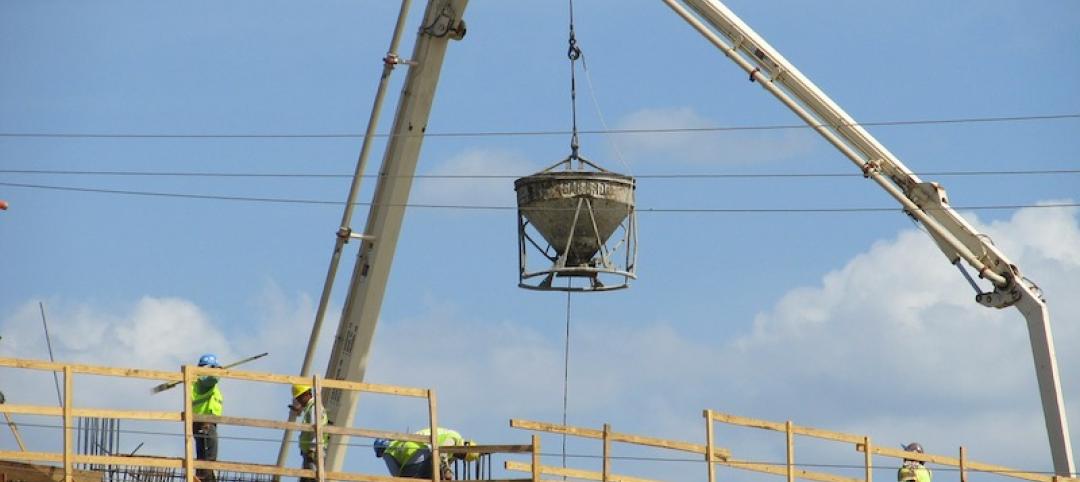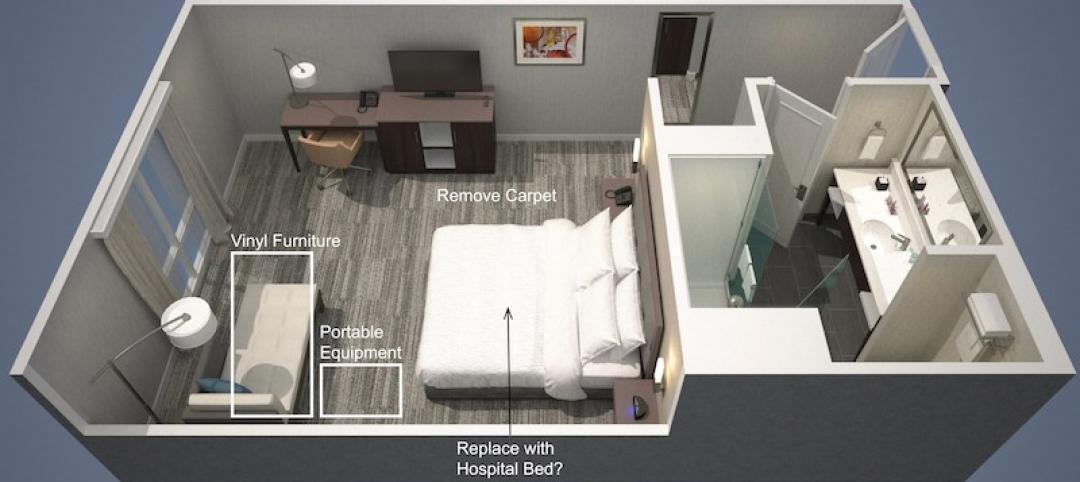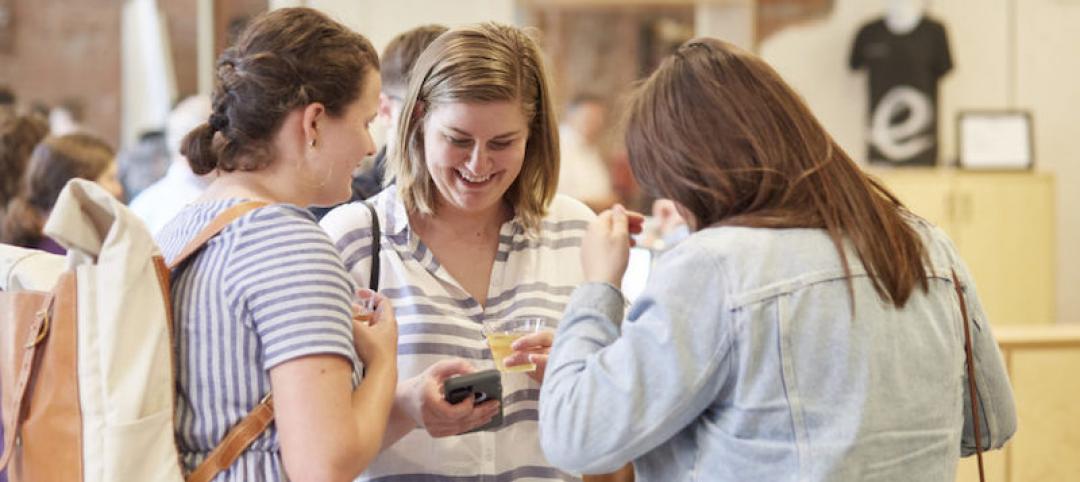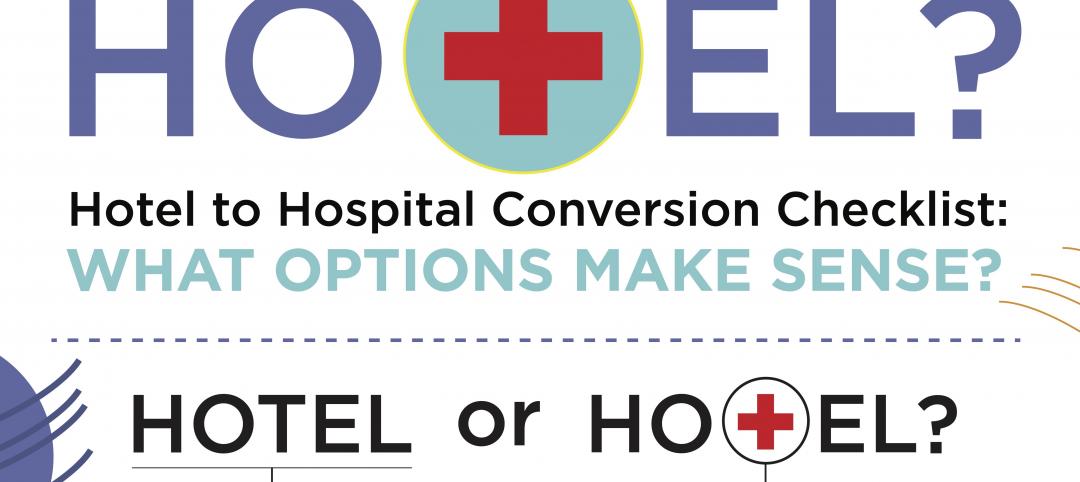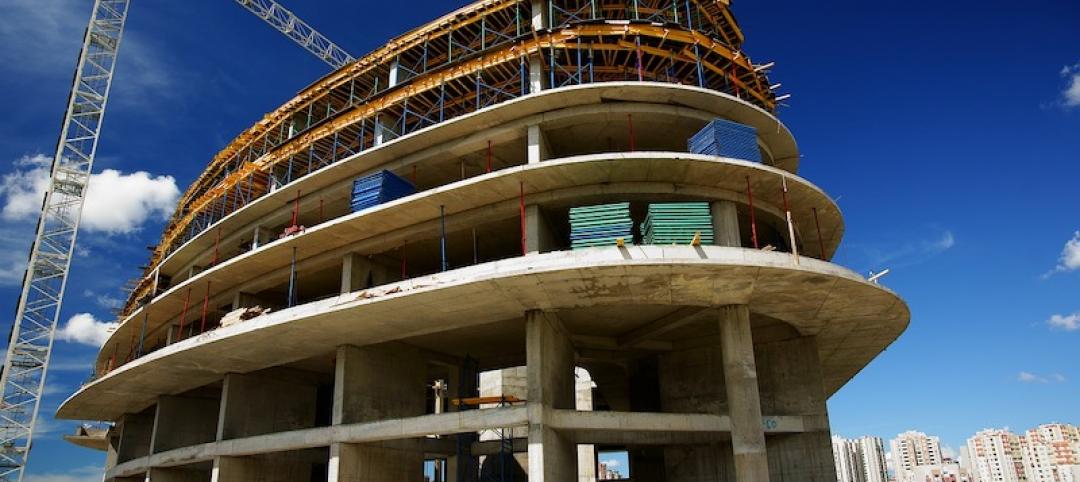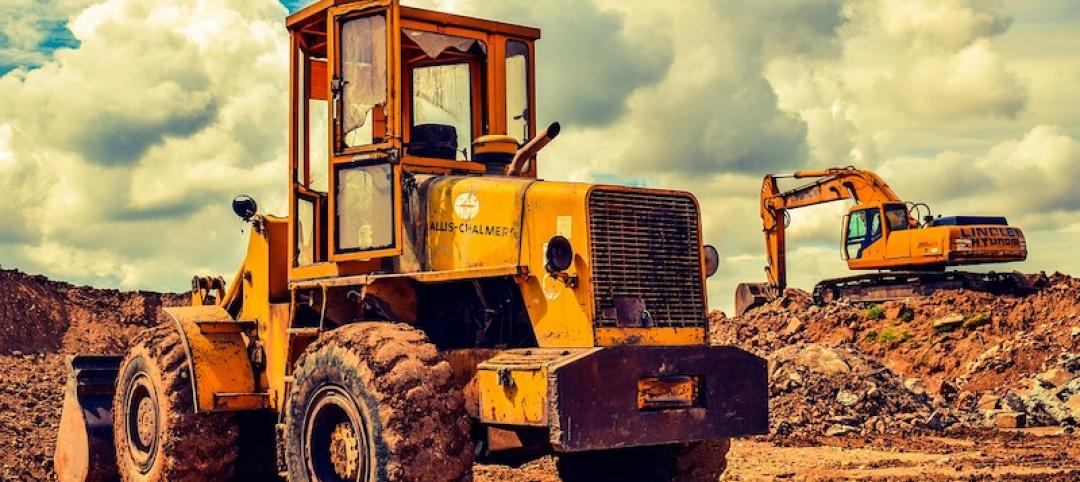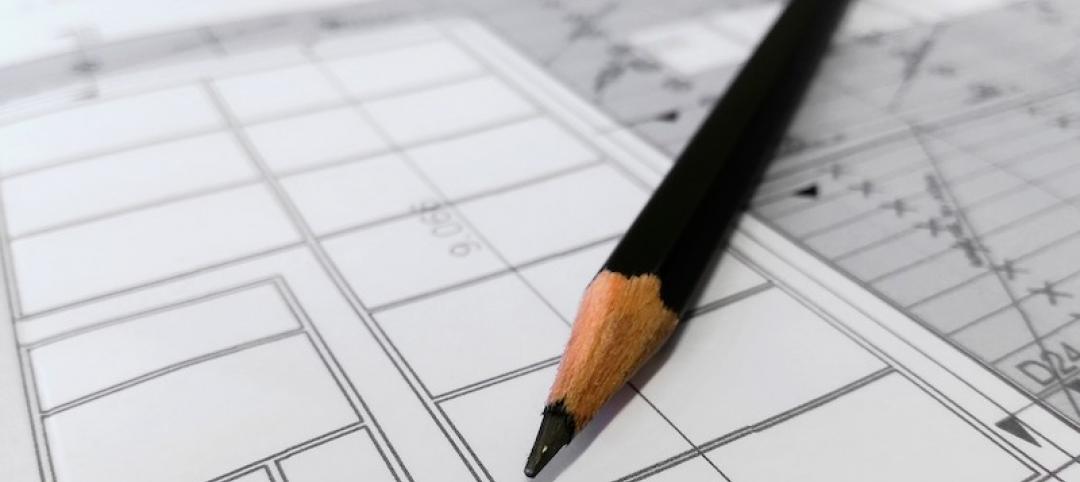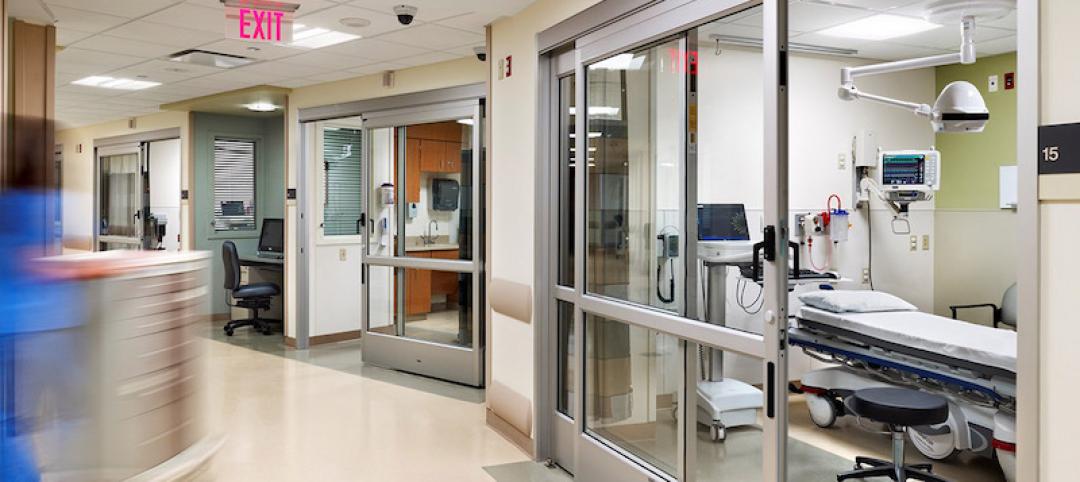Earlier this week, Ashraf Fahmy, CallisonRTKL’s new Chief Financial Officer, was up till midnight going over project proposals with his firm’s team in China.
Despite the spread of the novel coronavirus worldwide, CallisonRTKL—which operates seven of its 21 offices outside of the United States—has seen an uptick in business lately from China and the Middle East, and from the healthcare sector in the U.S.
The firm, a subsidiary of Arcadis NV, is in the midst of implementing an operating model to improve profitability, whose priority is strengthening business development, client engagement, and talent investment. Last year, CallisonRTKL’s gross revenue was flat at 301 million British pounds (US$399 million), its net revenue was up 1% to £222 million, and its cash flow was off 3% to £16.7 million.
Fahmy asserts the company is in good shape financially, with a “strong” balance sheet. Its agenda, he says, continues to be to expand its global footprint. “That hasn’t changed, and the virus has brought it to the forefront.”
He elaborates that CRTKL is leveraging its global network of offices “and our expansive resources.” This model allows CRTKL professionals to work effortlessly across the firm as a platform and allows its partners to connect at any intersection.
CallisonRTKL lately is refocusing its resources on markets and sectors that are recovering or have remained strong. Fahmy points out that CallisonRTKL’s offices have multiple practices, which they can switch into as demand warrants.
Fahmy previously worked for CHA Consulting, a small engineering consultant, where he was Senior Vice President of Finance; and for Amec Foster Wheeler, where he was CFO. He says he joined CallisonRTKL because of its practice diversification, its geographic reach, and its “dynamic” senior management team led by president/CEO Kelly Farrell, who was hired in 2018. “Our management is not afraid of making decisions,” he says.
To stay ahead of the coronavirus’ impact on the construction industry, CallisonRTKL’s “No. 1 priority,” says Fahmy, is to provide services to its clients across the globe. While its employees are all working from home at the moment, “we’ve never lost communication with our clients,” even when that’s meant providing services in China with “minimum exposure” to its associates.
One of CallisonRTKL’s major business sectors is retail, which the virus’ spread has destabilized. Fahmy couldn’t say what retail’s future might be as a result. The same is true of hospitality.
That being said, CallisonRTKL, says Fahmy, is working on a solutions that include converting hotels and convention centers into temporary healthcare facilities. Other initiatives revolve around wellbeing in hospitals and offices, resilience and sustainability, mobility, and “human centric” design. “These are the four pillars of all of our practices,” he says
Related Stories
Coronavirus | Apr 1, 2020
February rise in construction outlays contrasts with pandemic-driven collapse in March as owners, government orders shut down projects
Survey finds contractors face shortages of materials and workers, delivery delays and cancellations.
Coronavirus | Apr 1, 2020
Green cleaning and the coronavirus
If your cleaning teams use bleach to disinfect buildings from Coronavirus, will you put your LEED certification at risk?
Coronavirus | Mar 31, 2020
As cities scramble for hospital beds to treat COVID-19 patients, Leo A Daly offers a hotel-to-hospital solution
The firm has devised three conversion models, for different levels of healthcare required.
Coronavirus | Mar 30, 2020
Your turn: Has COVID-19 spelled the death knell for open-plan offices?
COVID-19 has designers worrying if open-plan offices are safe for workers.
Coronavirus | Mar 30, 2020
Learning from covid-19: Campuses are poised to help students be happier
Overcoming isolation isn’t just about the technological face to face, it is about finding meaningful connection and “togetherness”.
Coronavirus | Mar 30, 2020
COVID-19 innovation: Setting parameters for hotel-to-hospital conversions
tvsdesign breaks down different room types and how they might help free up hospital beds for coronavirus patients.
Coronavirus | Mar 30, 2020
New Department of Homeland Security guidance clarifies construction's role in supporting essential critical infrastructure
Construction officials say new federal guidance should signal to state and local officials the need to allow construction activity to continue, or resume, during coronavirus-related work stoppages.
Coronavirus | Mar 27, 2020
Sharp jump in owners cancelling or delaying construction projects across the country, new survey finds
After 42 states added jobs in February, coronavirus is taking a swift and severe toll on the industry, prompting association officials to call for additional measures to help workers and firms recover.
Coronavirus | Mar 27, 2020
Covid-19 stalls demand for design services
Two thirds of architecture firms report slowing or stoppage of projects due to COVID-19.
Coronavirus | Mar 26, 2020
It’s not if, but when: Designing healthcare spaces that support pandemic response
What can we learn from Singapore’s response to COVID-19? How does it impact the next generation of hospitals?



